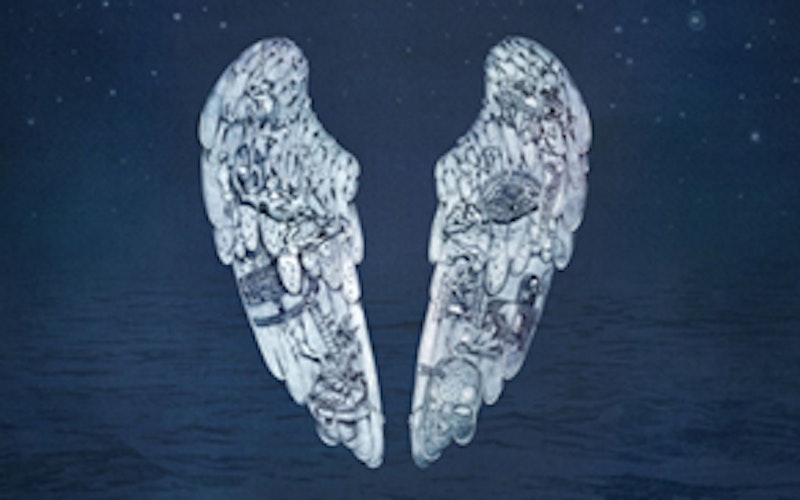
Music
The Devotional Intimacy of Coldplay's Ghost Stories
Coldplay have become one of the biggest bands in the world by crafting vaguely romantic and generically anthemic arena pop and delivering it with slick aplomb. Although in the same basic pool, they have never been as interesting as Peter Gabriel, as spiritually rousing as U2 or as erudite as Sting. Gently introspective and instinctively melodic, they have become one of the staples of the feeling millennial’s musical diet. With Ghost Stories, however, the band takes a dive toward the deep end of the soul with songs exploring humanity’s universal longing for connection.
Much has been made in the press of the “conscious uncoupling” of Coldplay’s Chris Martin and Gwyneth Paltrow. Fancy postmodern terminology or not, it seems that this fissure is as painful for Martin as it would be for anyone else. Not everyone, however, has the artistic instinct to translate that pain into poetry and then set it to appropriately ambient and electronic music. The ghosts here are memories of a dead relationship, but the songs transcend the subject matter by drilling down into the most elemental of human emotions and fears. The music is downbeat but never maudlin, melancholy but beautiful. The songs are deeply personal and yet completely relatable. In fact, the combination of tone and text is so flawless this might be the best Coldplay album since their startling debut.
While the set moves to a decidedly electronic rhythm, it retains a level of humanity that renders it far more approachable than Coldplay’s last several records. The tracks recall the best examples of ambient synth rock from the late ’70s and early ’80s (artists such as 10cc or The Alan Parsons Project) as well as the alternative-era electronica of Bjork or Danger Mouse. Unlike much modern EDM, however, Ghost Stories never loses sight of its emotional narrative. When there are beats and loops, they are always in service of the greater story.
The band seems anchored to flesh, even as all eyes look heavenward for answers.
Highlights include “Magic,” a deliberately chilled meditation on the supernatural nature of love. Like the wartime credo that “there are no atheists in foxholes,” there are few things that reveal humanity’s need for interpersonal connectivity than when a relationship ends. Human beings have long referred to anything they can’t understand or control as magic, and it is this sentiment that Martin taps into very effectively. “Ink” further refers to the indelibility of intimacy, observing that - like a tattoo - it is far more painful to remove someone’s name from your skin than to carve it there.
Even on “A Sky Full Of Stars,” the only really Colplay-ish song on the set, the band seems anchored to flesh, even as all eyes look heavenward for answers. This is EDM with heart, intellect and soul. It sounds downright devotional at times, and I suppose it is. Underneath the grooves is this statement of cosmic resignation: “Cause you’re a sky full of stars, I’m gonna give you my heart. ‘Cause you’re a sky full of stars you light up the path. I don’t care, go on and tear me apart, I don’t care if you do, ‘Cause in a sky full of stars I think I saw you.” Whether “A Sky Full of Stars” is about a certain blonde starlet or the Lord of the Starfields is open to debate, but the sentiment is deeply spiritual either way.
Ghost Stories is a poetic antithesis to the way most modern musicians contemplate those with whom they’ve been in relationship: as props, property, adversaries or sex toys. We are built with a need for others that disembodied sex only mocks. Each of us is designed for community, and marriage is the most intimate example of our need for another. The ghosts here are like phantom limbs. They are gone, but the pain lingers. Divorce and separation render us one body with severed parts.
Topics: Music